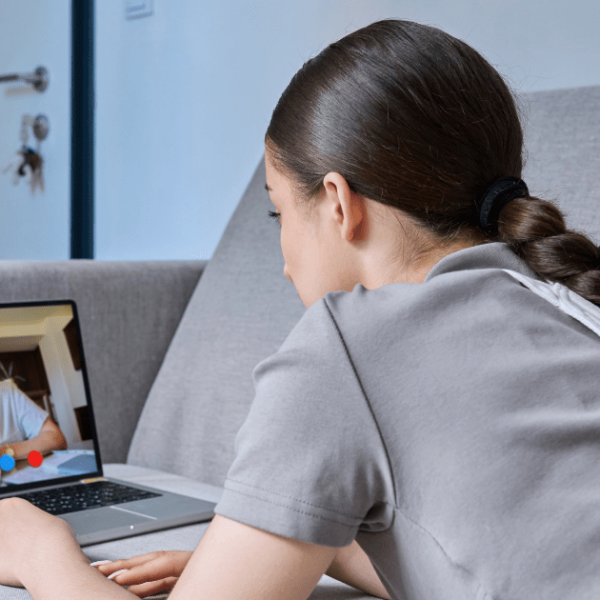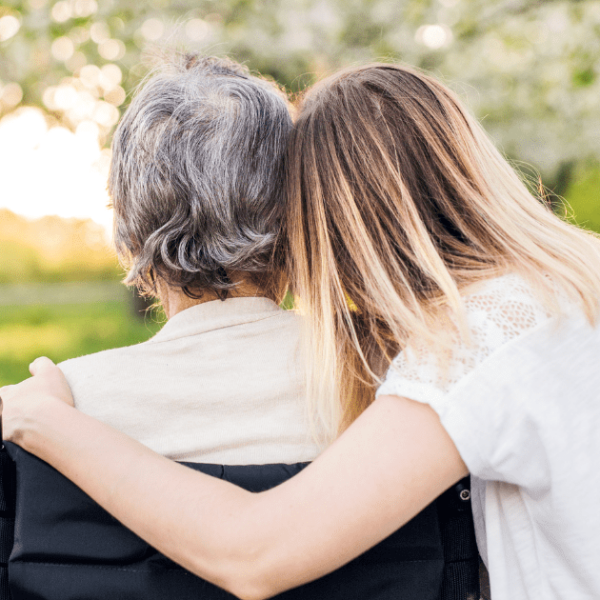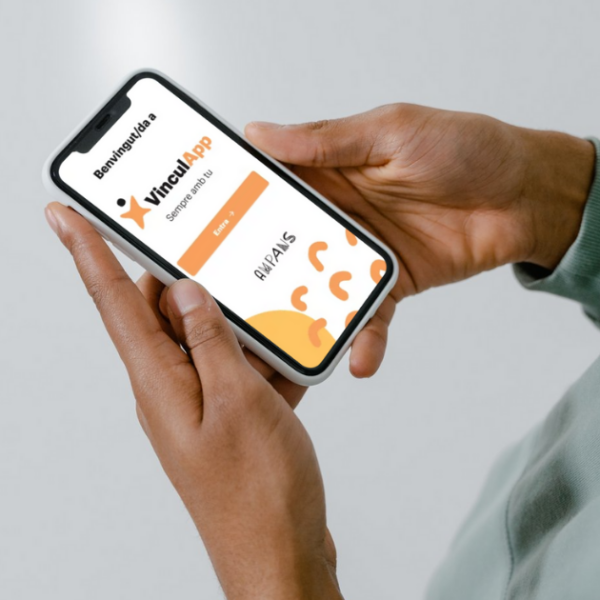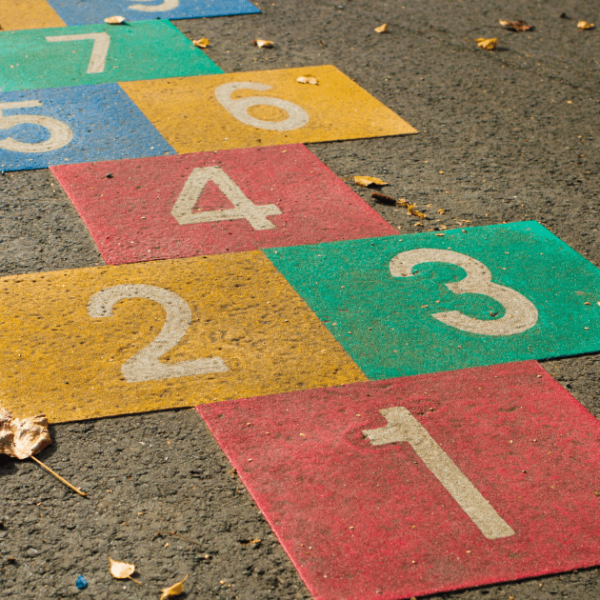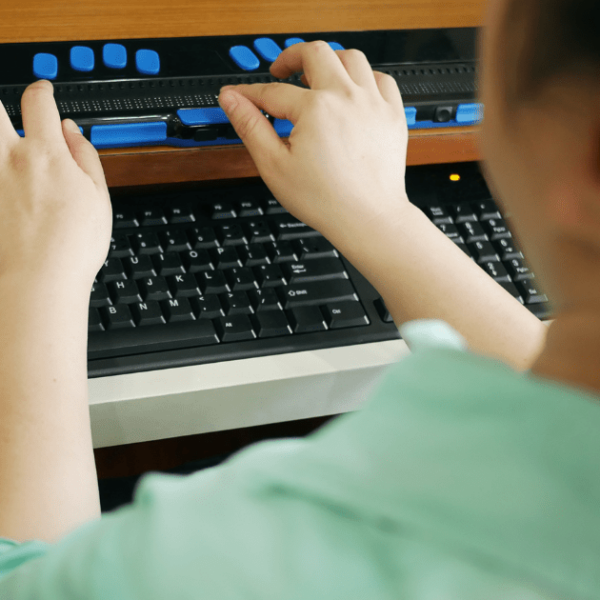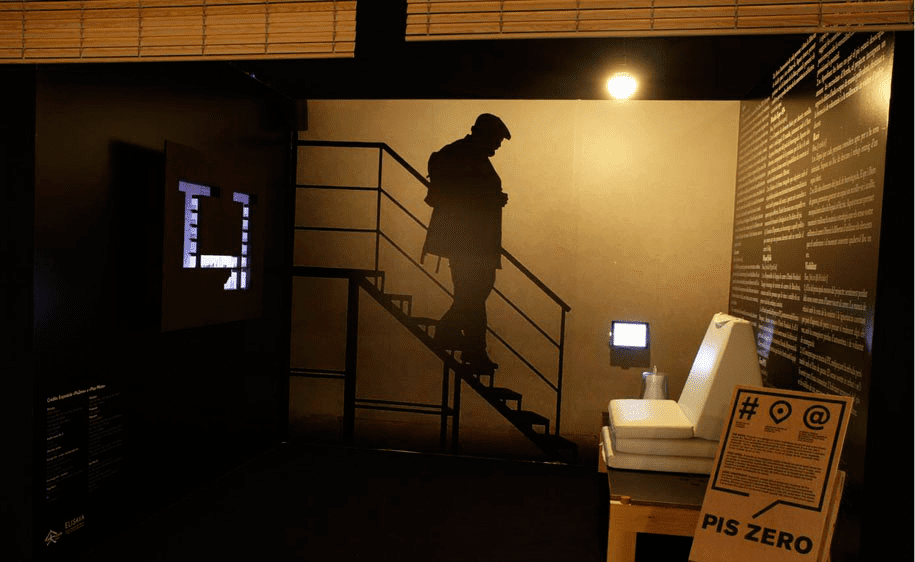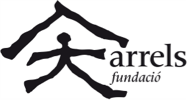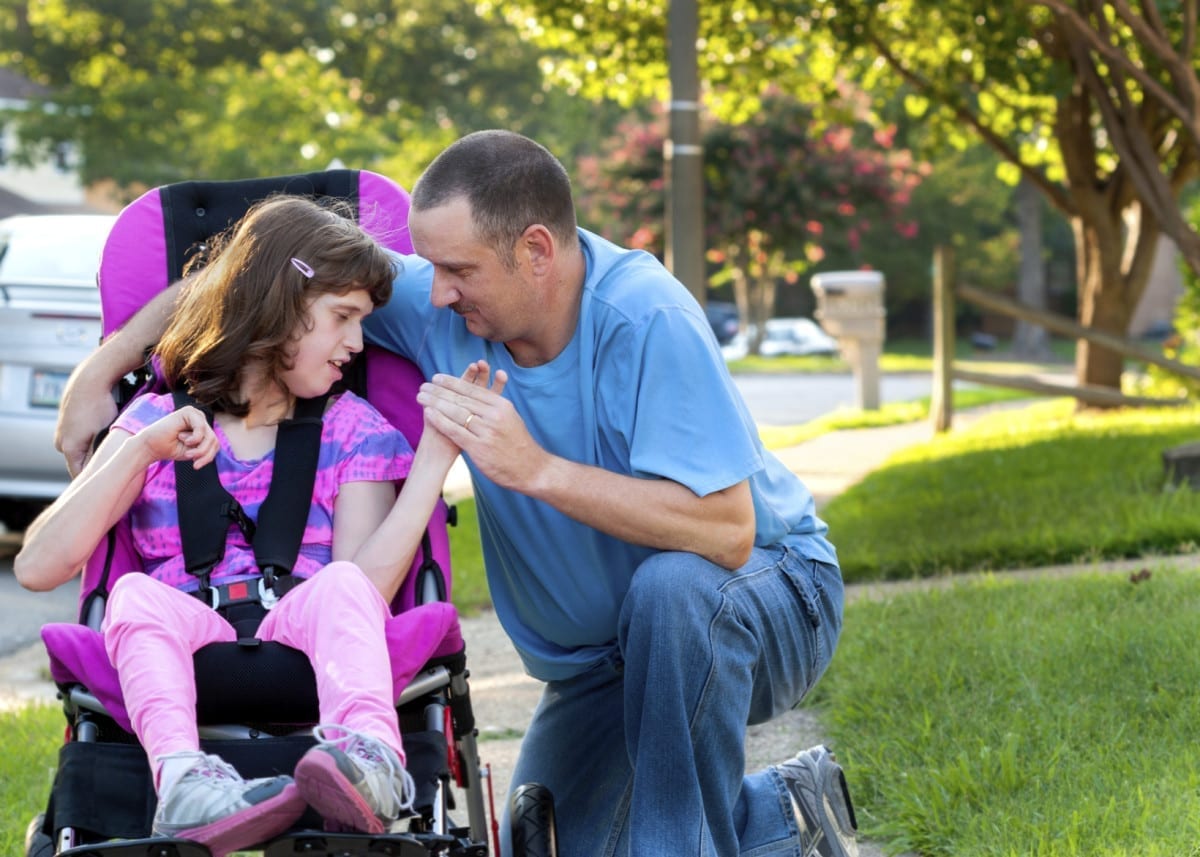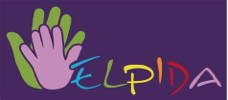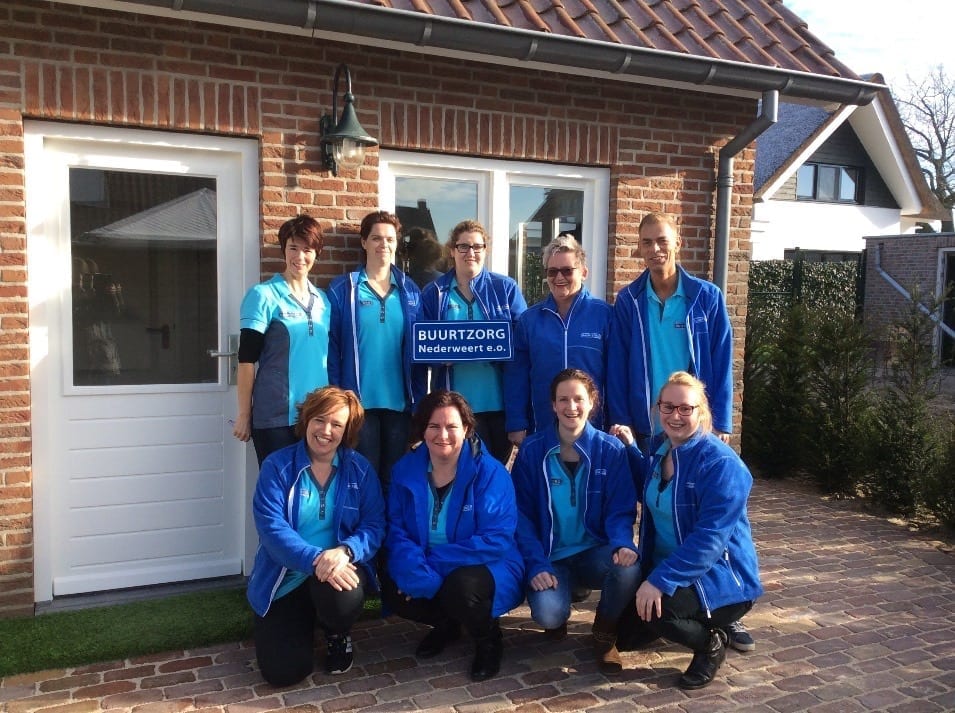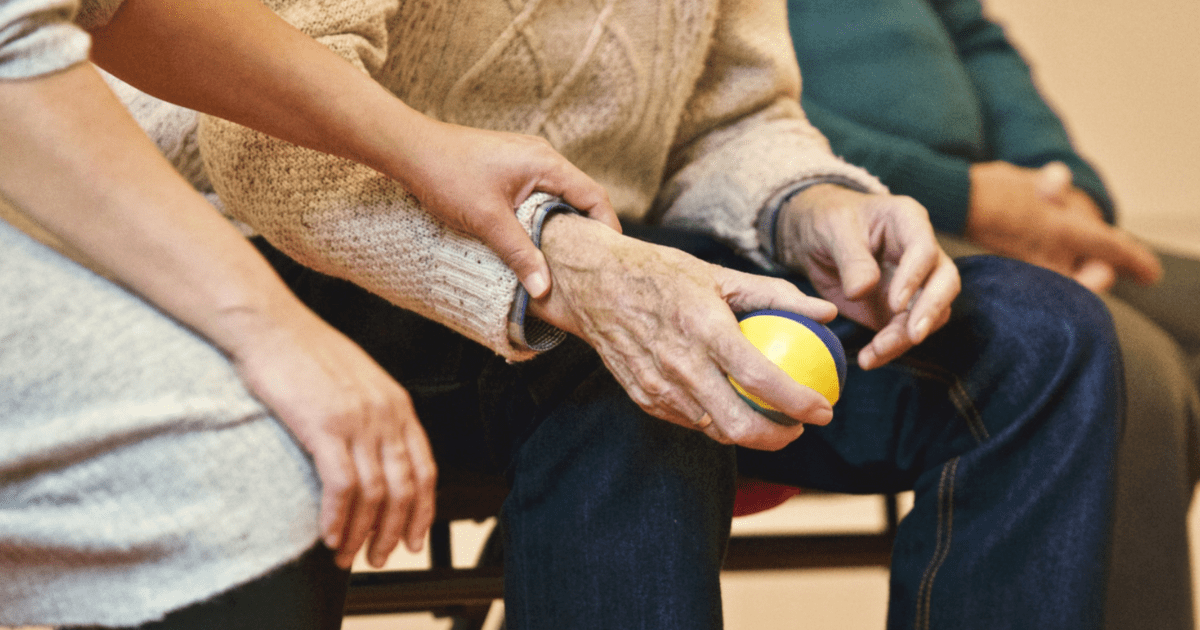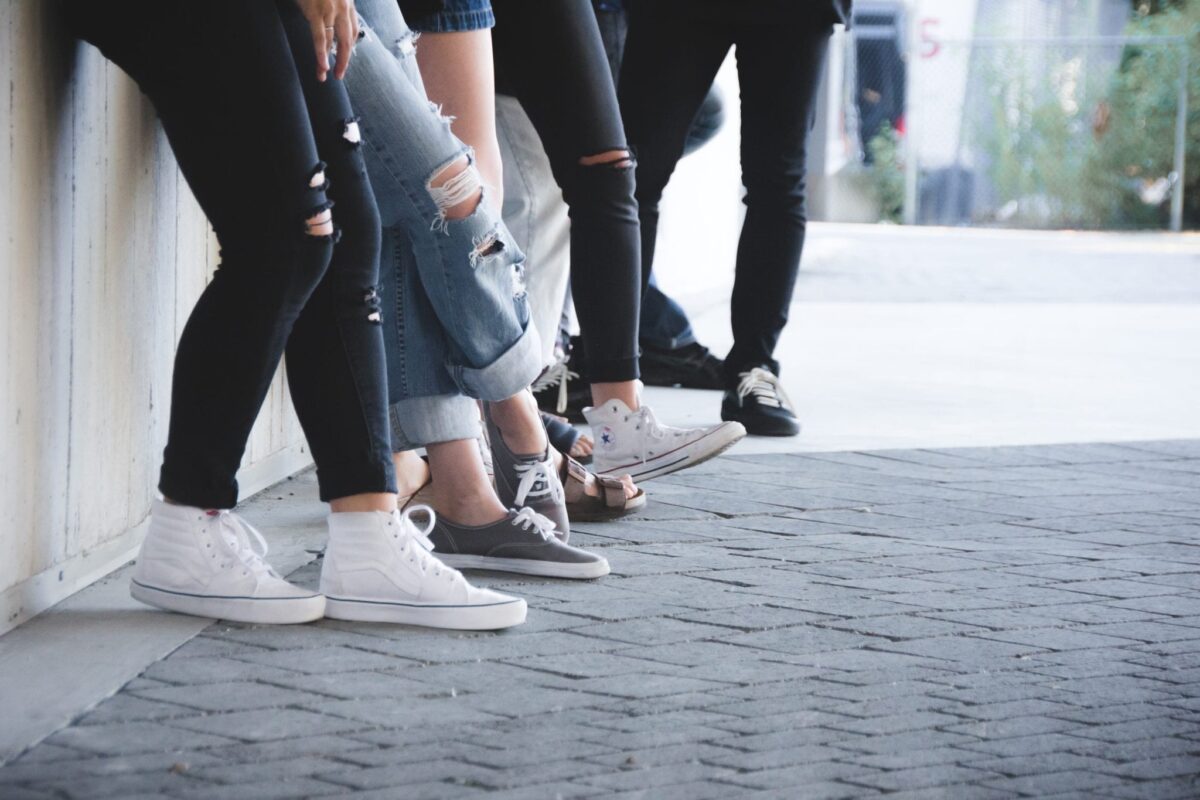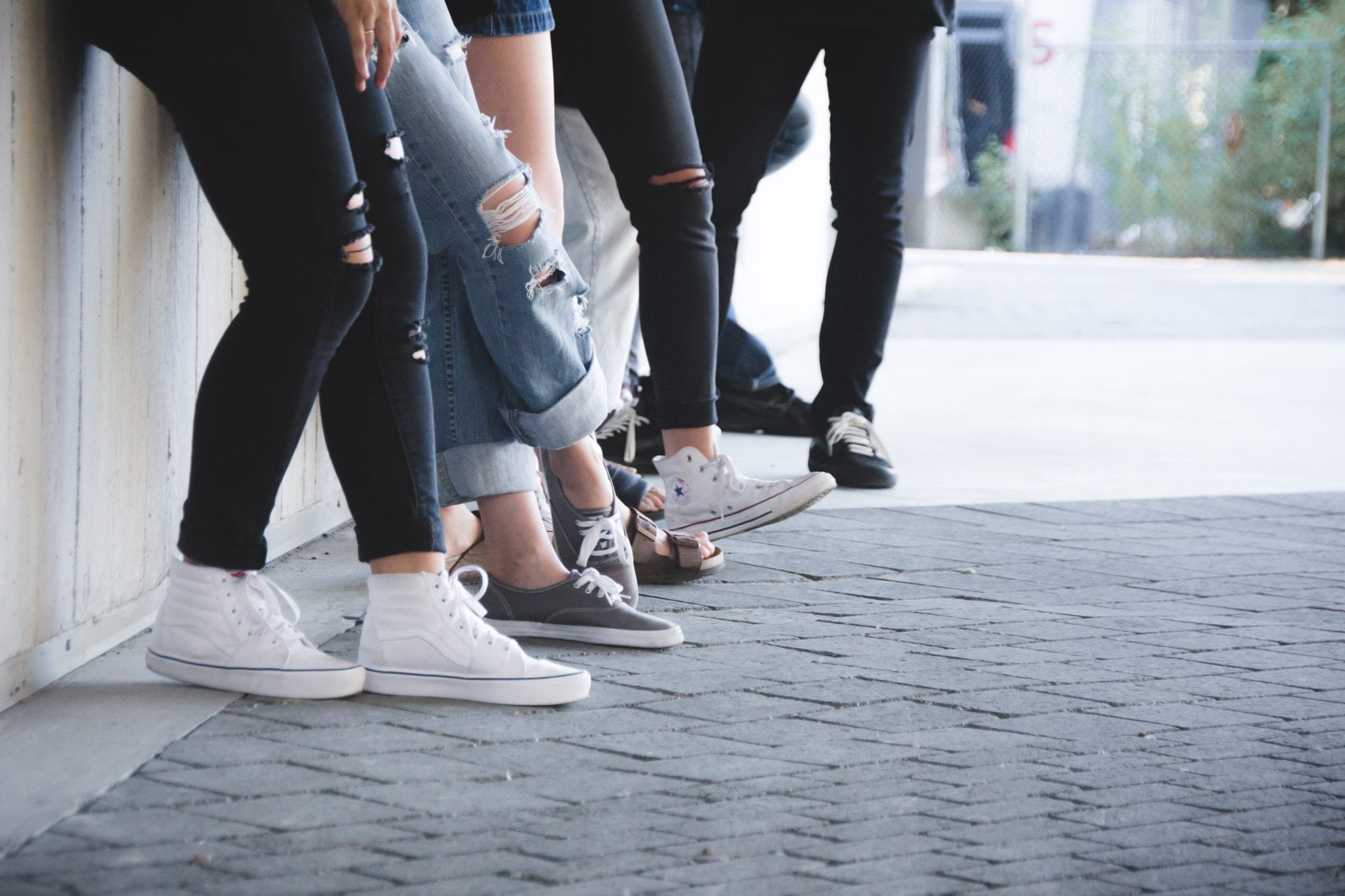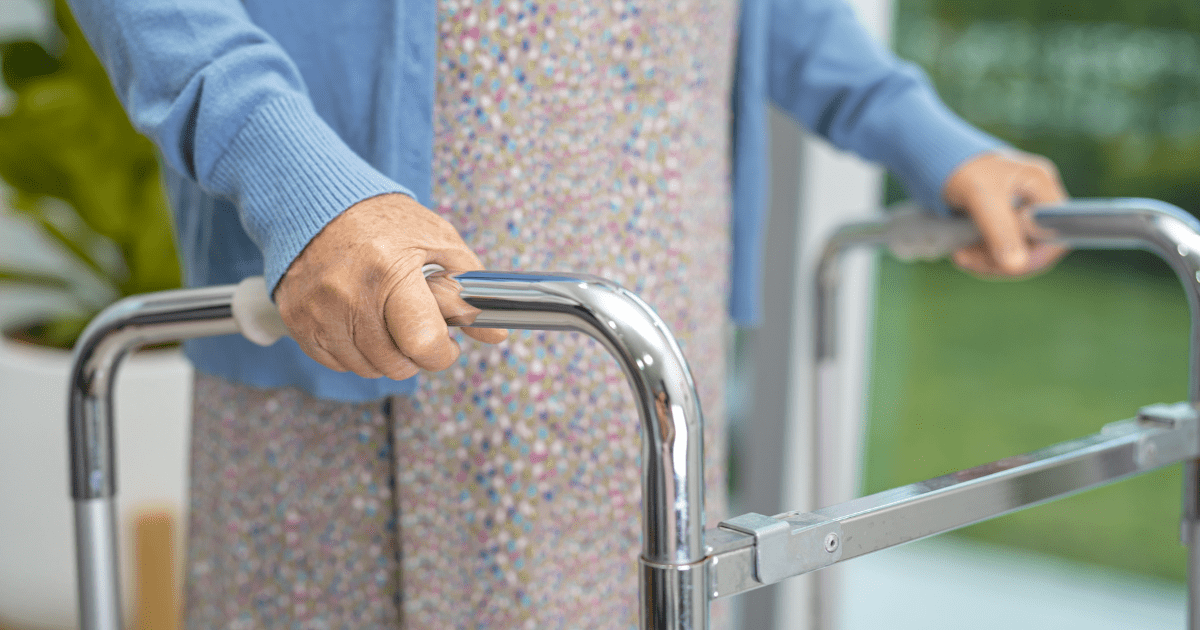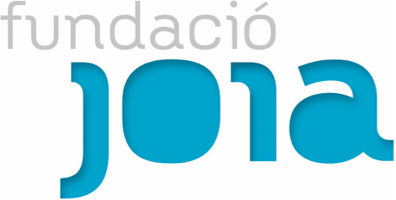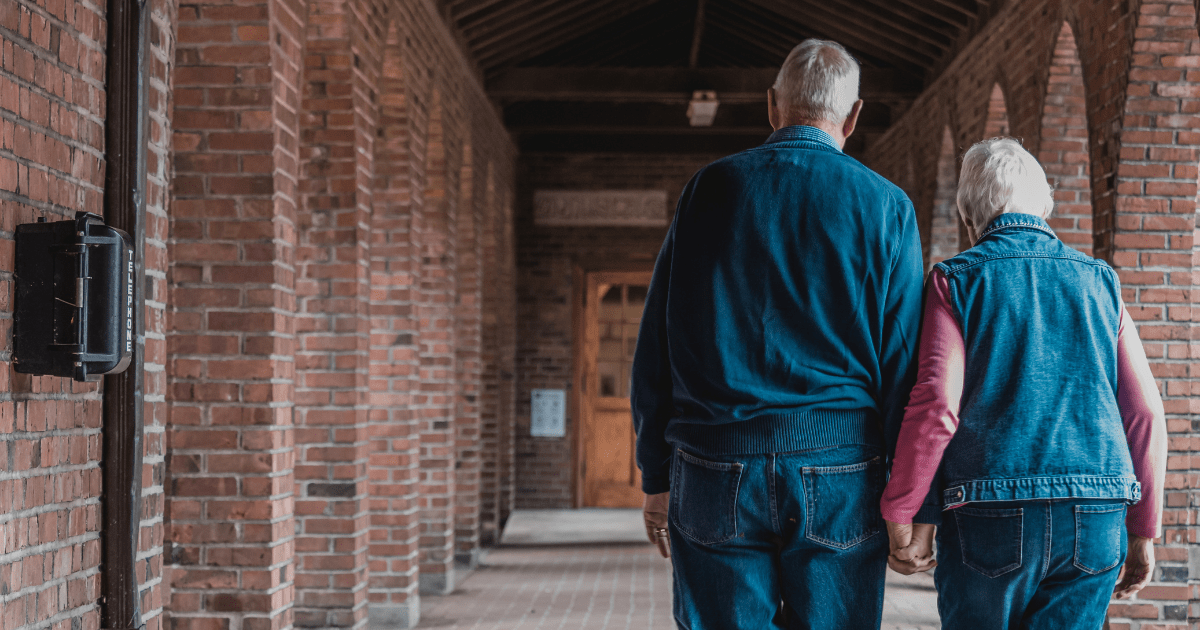Mirada Activa (Active Look), a preventive program for the elderly who do not have a supporting network
Mirada Activa (Active Look), a preventive program for the elderly who do not have a supporting network
Bilbao City Council

Berrituz
Municipal preventive program that involves citizens and social and economic agents in the detection of situations of social fragility and loneliness among the elderly in the city, which my activate the intervention of Municipal Social Services.
The program is subject to continuous assessment and has been developed in four phases. The first three carried out between 2013 and 2017, were intended to create active networks between associations of the elderly, social entities and socio-economic agents of the city, and to identify people in a situation of vulnerability. The fourth phase, begun in 2018, is a pilot experience that offers to elder people identified as vulnerable, a social integration itinerary based on an active network of autonomous and friendly relationships, in which municipal social integration -services professionals and volunteers of social entities also participate.
Characteristics of innovation
Location
Bilbao
Partners / Funders
Bilbao City Council, Grupo SSI-Servicios Sociales Integrados, S. Coop
Genesis
The program was born in November 2013 in front of the need to detect people over 60 living in Bilbao who lived alone and who had difficulties in meeting their basic needs or who did not have support networks. To allow municipal social services can carry out preventive tasks it is necessary first to know those circumstances which are not always visible when occurring inside the homes. The program seeks to involve citizens and social and economic agents in detecting these situations and to notify them to municipal social services.
Implementation level
The program identified 362 vulnerable elder people, of which 30 now participate in the fourth phase of the creation of autonomous networks. Since 2018 the program has been replicated in Donostia-San Sebastián, and its extension is being planned in other municipalities of Biscay.
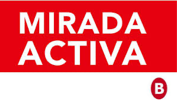
Banc d’innovacions


